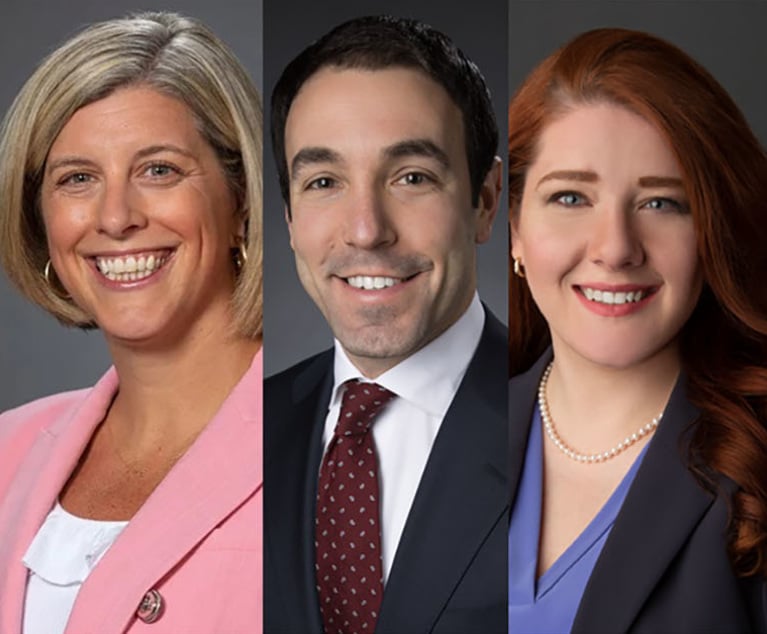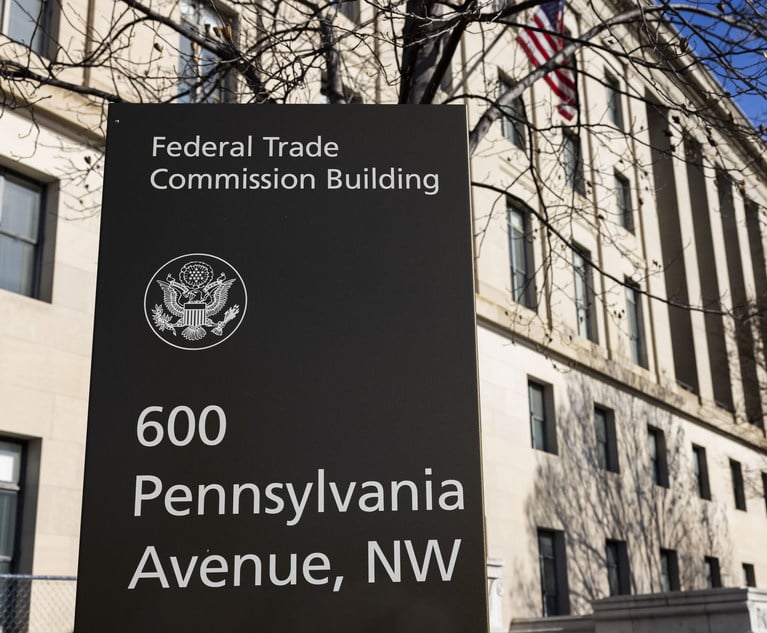In 2015, speaking at a Labor Day campaign event, former Presidential candidate Hillary Clinton told a crowd, “I’m going to make sure that some employers go to jail for wage theft.” “Clinton: I’ll jail some employers for wage theft,” CNN (Sept. 8, 2015). Her statement was shocking to some at the time, raising the possibility of incarceration for employment-related failures that had traditionally been viewed as primarily the province of private civil litigation or regulatory enforcement. Jailing an employer for, say, failing to provide sufficient fringe benefits on a government-funded job was, to many, an alarming prospect.
Clinton’s statement was a nod to a movement, then in its early stages, to treat employers’ failures to appropriately compensate workers as criminal rather than civil or regulatory failures. Where prevailing wage violations were previously handled primarily via audits by the Department of Labor or their state equivalent, and usually resulted in employers being required to pay back wages, this movement saw such violations as equivalent to traditional theft, and favored using the tools of criminal justice to address them. This movement has grown, and has recently gained momentum. Today, prosecutors across the country increasingly seek criminal fines and jail time for what were previously seen as non-criminal labor violations. For more information about corporate criminal liability, see, Carolyn Kendall, “Corporate Criminal Liability in the COVID-19 Era,” Business Crimes Bulletin (June 2020).








